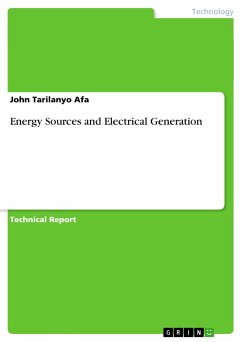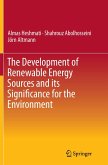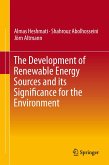Technical Report from the year 2011 in the subject Engineering - Power Engineering, grade: A, ( Atlantic International University ) (Niger Delta University), course: ESE 637, language: English, abstract: Electricity plays a very important role in the socio economic and technological development of every nation. The electricity demand in Nigeria far outstrips the supply and the supply also is epileptic in nature. The country is faced with acute electricity problems which are hindering its development, notwithstanding the availability of vast natural resources in the country.The history of electricity in Nigeria dates back to 1896 where electricity was first produced in Lagos, fifteen years after its introduction in England. Despite the fact that its existence in the country is over a century, its development has been at a slow rate. In 1950, a central body was established by legislative council, which transferred electricity supply and development to the care of the central body known as the Electricity Corporation of Nigeria (ECN). Other bodies like the Native Authorities and Nigeria Electricity Supply Company (NESCO) have licenses to produces electricity in some locations in Nigeria.There was another body known as Niger Dams Authority (NDA) established by an act of parliament. The Authority was responsible for the construction and maintenance of dams and other works on the River Niger and also generating electricity by means of water power, improving, production and promoting fish brims and irrigation. The energy produced by NDA was sold to the Electricity Corporation of Nigeria for distribution and sales at utility voltages.In 1972 the National Electric Power Authority of Nigeria (NEPA) was established with the amalgamation of Electricity Corporation of Nigeria (ECN) and the Niger Dam Authority (NDA). NEPA was empowered to maintain an efficient coordinated and economically viable electricity supply in Nigeria (Sambo, 2008, Onwioduokit and Omoigui, 2000,ECN, 2004). In about 2005, the Power Holding of Nigeria gradually took over the functions of NEPA with little or no improvement to the power sector.
Hinweis: Dieser Artikel kann nur an eine deutsche Lieferadresse ausgeliefert werden.
Hinweis: Dieser Artikel kann nur an eine deutsche Lieferadresse ausgeliefert werden.








